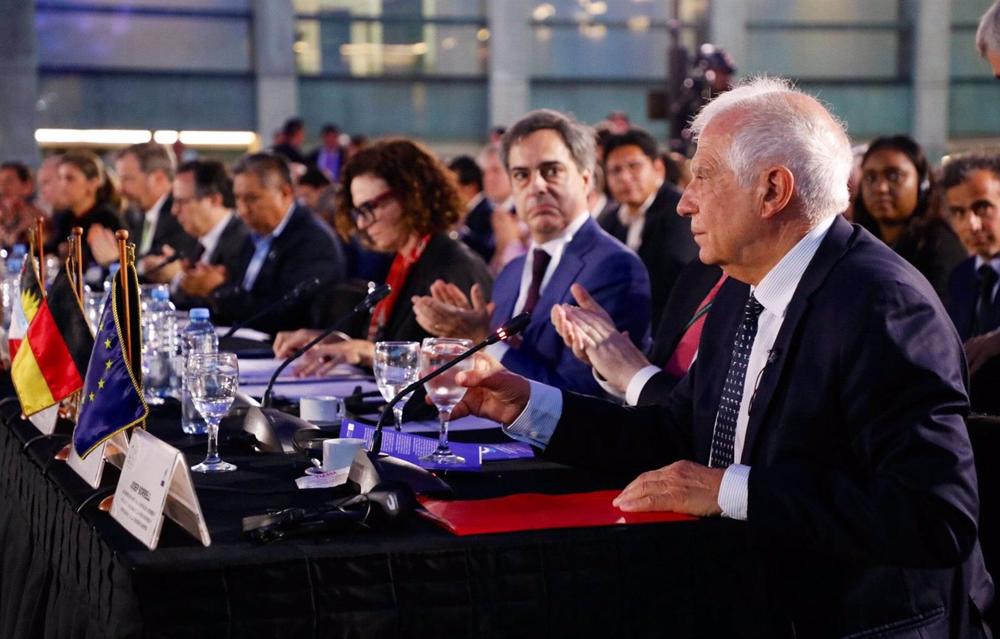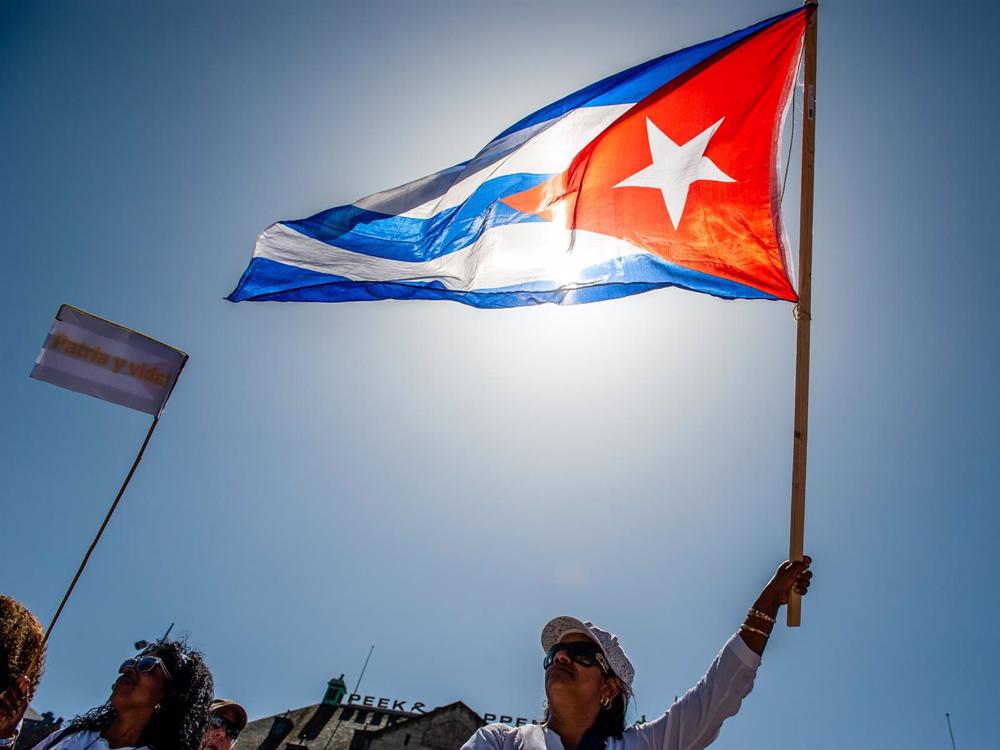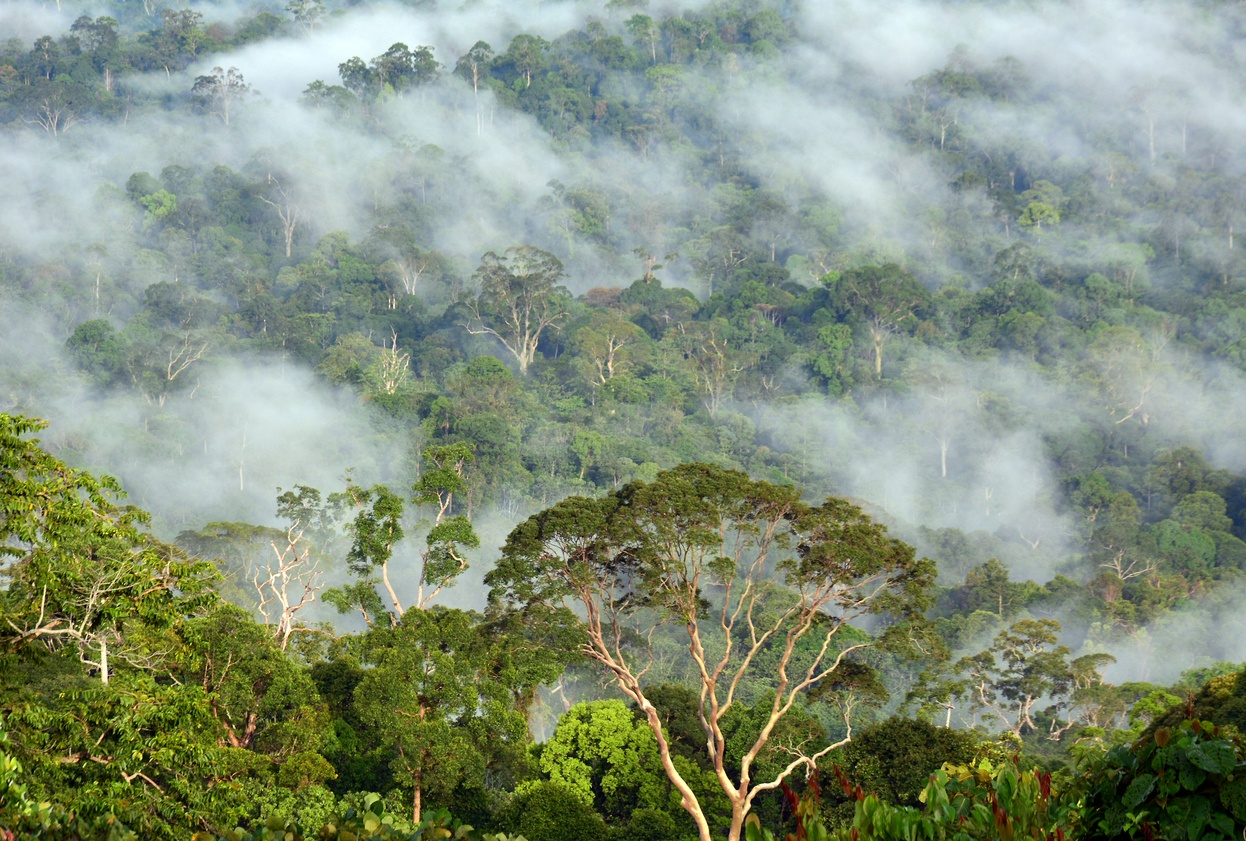
The European Union’s High Representative for Foreign Affairs and Security Policy, Josep Borrell, has stated that globalization has created «excessive dependencies» in Europe that have finally led the Union to seek new partners to cooperate «more intelligently».
In a speech to foreign ministers at the Economic Commission for Latin America and the Caribbean (ECLAC) held in Buenos Aires, the High Representative said that after the beginning of the Russian invasion of Ukraine, Europeans have considered «how to be more autonomous» with respect to some of their «critical dependencies», in particular energy.
«We realize today that globalization had created excessive dependencies, and that these dependencies have become weapons. That is why today we are seeking greater autonomy (…). But autonomy should not mean isolation, it should not mean a return to autarkic tensions by hindering international trade. It should simply mean more intelligent cooperation», said Borrell.
In this sense, he stressed before the ECLAC participants the importance of finding a way to «work together» to face the «new geopolitical and geoeconomic scenario» after the war in Ukraine.
To this end, Borrell called for increasing the capacities of the economies and societies of the Union and Latin America, as well as their resilience, also seeking «reliable partners» to diversify the capacity for action.
Within this partnership, the High Representative for the Foreign Policy of the European Union shared his priorities: the ecological and energy transition and the «digital alliance».
«Before the war, Europe imported 40 percent of its gas from a single supplier: Russia. Closer and apparently cheaper. We have managed to bring that dependence down from 40 percent to 7 percent. But that forces us to look for other suppliers, to strengthen our commitment to decarbonized energy. And that is what we see in Latin America, Borrell reiterated, assuring that Europe sees Latin America as «an example to follow».
«Several countries in this region already have energy matrices that are mostly or totally renewable. Latin America is a world power in biodiversity, renewable energy, agricultural production and strategic raw materials», he added, adding that to ensure this sustainability «they need to bring in technology».
Likewise, the head of European diplomacy stressed the potential of the region for the production of green hydrogen, for which he offered the European Union as «a great potential market for its production».
However, Borrell also highlighted the value of bilateral initiatives launched with several countries in the region in the field of digitization.
«Because cybersecurity also affects us, since we will have to defend digital sovereignty, because these digital technologies are at the center of geopolitics and are key instruments for the battle of ideas that are being developed in the world,» he said.
«We have to avoid at all costs that digital technologies serve to make real what Orwell told us in his novels. And this is not a novelistic possibility; it is something that we can already see being applied in some countries around the world,» he added.
The words of the High Representative of the European Union for Foreign Affairs and Security Policy come on the eve of the III Summit of Foreign Ministers of the Community of Latin American and Caribbean States (CELAC), in which the European Union intends to strengthen its relations with Latin American countries.
Borrell, who arrived in Argentina on Tuesday, met with various foreign ministers of Latin American countries, as well as with the President of Argentina, Alberto Fernández, to whom he stressed the Union’s interest in strengthening bilateral relations between Latin America and Brussels.






